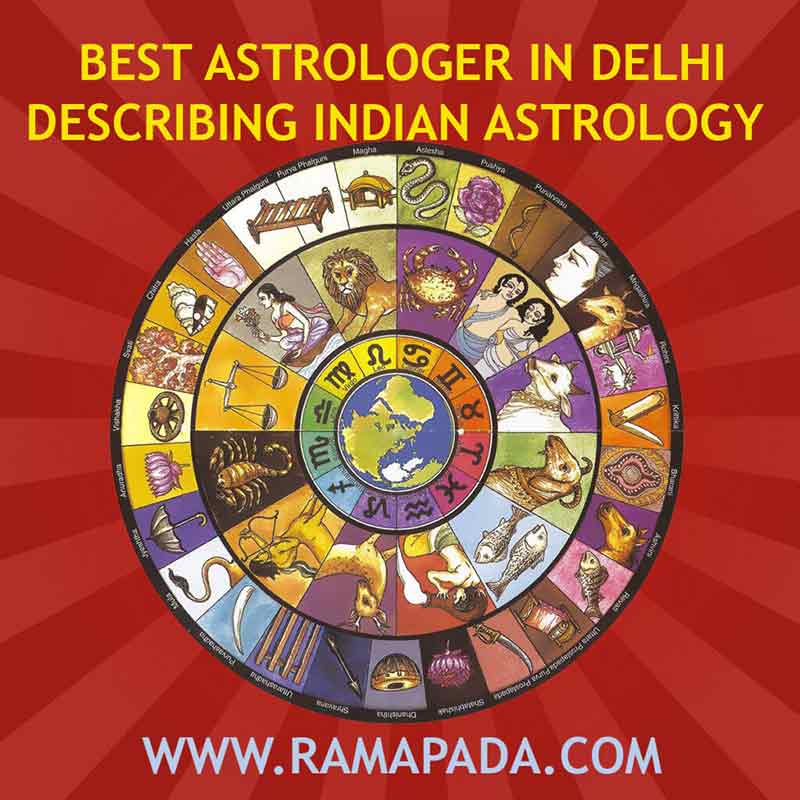The best astrologer in Delhi says that Indian astrology, also known as Vedic astrology or Jyotish, is an ancient and complex system of divination that has been practised in India for millennia. Jyotish seeks to understand the influence of celestial bodies on human affairs. It is rooted in the Vedas, the sacred texts of Hinduism.
It is a holistic system. This system encompasses not only individual predictions but also insights into collective destiny, cosmic events, and the underlying principles of the universe.
At the heart of Indian astrology lies the concept of karma, the law of cause and effect. “The belief exists that our actions shape our experiences across lifetimes. According to Jyotish, the planets act as messengers of karma.
They reflect the fruits of our past actions and influence our future paths.
The primary tool of Indian astrology is the Kundli, or birth chart. A Kundli is a map of the heavens at the precise moment of a person’s birth. It depicts the positions of the planets, zodiac signs, and astrological houses, each representing different aspects of life. By analysing the Kundli, astrologers can gain insights into an individual’s personality, strengths, weaknesses, and potential life path, as said by the best astrologer in Delhi, Ramapada Acharjee.
Indian astrology employs a variety of techniques to make predictions.
These include:
- Siddhānta: The mathematical study of planetary positions and movements.
- Bhrigu Nandi Nadi: An ancient system of predictive astrology based on the analysis of planetary positions in specific nakshatras, or lunar mansions.
- Lal Kitab: A popular astrological text that emphasises the influence of planetary transits and divisional charts.
- Jaimini Astrology: A system that focuses on the four karmic points of the birth chart, known as the Arudhas.
Indian astrology also incorporates various remedial measures to mitigate negative planetary influences.
These include:
- Puja: ritualistic worship of deities and planetary energies.
- Gems and talismans: wearing specific gemstones or wearing objects believed to have astrological powers.
- Mantras: Chanting of sacred verses or hymns to invoke divine energies.
- Charity and selfless service: performing acts of kindness to neutralise negative karma.
According to the best astrologer in Delhi, Indian astrology remains an integral part of Indian culture, influencing personal decisions, social interactions, and cultural practices. Ayurveda’s long-standing popularity stems from its deep roots in Indian philosophical and spiritual traditions, although its scientific basis remains debated. For many, Indian astrology offers a lens through which to understand their place in the cosmos and connect with their past. It also helps them navigate the uncertainties of life.
Ramapada Acharjee’s Delhi Chamber:
Palam – B-18, Rana Pratap Bagh, Upper Ground Floor, Delhi -110007
For Booking (Phone / WhatsApp): +91 9874954063
Email : [email protected]
Click Here : Ashram in Kamakhya Guwahati
Make a prior booking for an Appointment.

